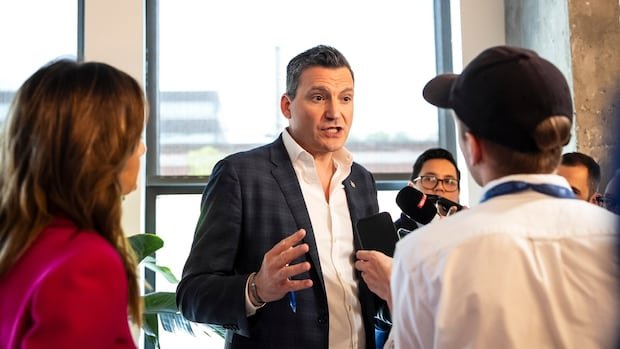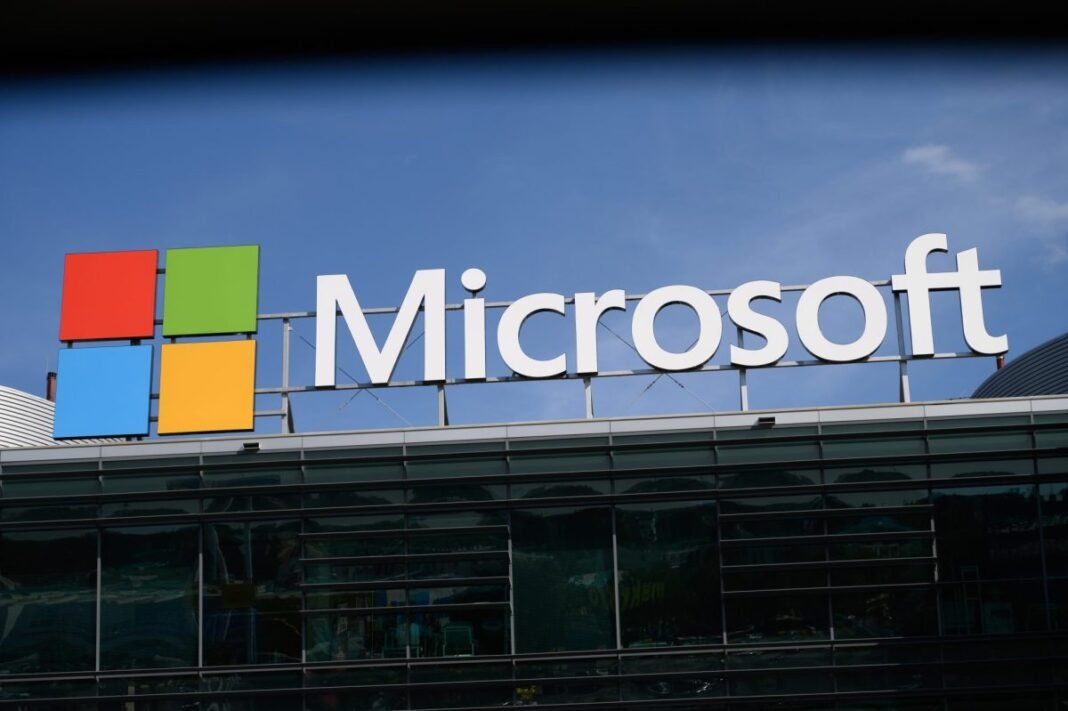How Legal Disputes Are Influencing AI regulation in Canada
CanadaS regulatory stance on artificial intelligence is being shaped significantly by ongoing legal battles both within the country and across the border in the United States. these court cases are crucial in guiding Ottawa’s future policies, especially regarding copyright protection and safeguarding cultural content.
Canadian News Organizations Challenge OpenAI Over Copyright Infringement
A group of leading Canadian media companies-including CBC/Radio-Canada, Postmedia, Metroland, the Toronto Star, The Globe and Mail, and The Canadian Press-have collectively filed a lawsuit against OpenAI.They accuse the AI developer of using their news articles without permission or compensation to train its ChatGPT model.
The plaintiffs argue that OpenAI extracted considerable journalistic content from their websites without authorization to build its generative AI systems. according to court filings,this constitutes a intentional violation of intellectual property rights for commercial benefit.
Jurisdictional Debate before Ontario Superior Court
The case is currently under review by Ontario’s Superior Court of justice. OpenAI contests the court’s jurisdiction on grounds that it does not operate or conduct business within Ontario. This jurisdictional challenge will be pivotal in determining whether Canadian courts can preside over such disputes involving international tech firms.
OpenAI defends its practices by stating that most training data comes from publicly available sources and claims compliance wiht internationally recognized fair use principles under copyright law. Additionally, it has requested certain sensitive corporate documents related to its technology be kept confidential due to competitive concerns amid rapid advancements in AI development.
U.S. Litigation Highlights Complexities Around AI Training Data Usage
The legal challenges faced by Canadian media mirror similar lawsuits filed across the United States since 2023 concerning how generative AI models utilize copyrighted materials for training:
- The New York Times alleges that OpenAI and Microsoft incorporated millions of articles into their datasets without obtaining permission.
- A notable case involving comedian Sarah silverman resulted in a ruling favoring fair use because no significant market harm was demonstrated from AI usage of her published works.
- Court decisions involving Anthropic-a competitor developing generative AI-found some unauthorized uses unlawful while recognizing other applications as protected under fair use doctrines.
These rulings illustrate how copyright law becomes increasingly intricate when applied to emerging technologies trained on vast amounts of online content scraped without explicit consent.
Cultural Protection at the Forefront: Canada’s Regulatory Priorities
Evan Solomon, Canada’s Minister responsible for Artificial Intelligence and Digital Innovation, stresses preserving cultural sovereignty as a key objective while crafting regulations addressing copyright issues linked with artificial intelligence development. Although ther are no immediate plans for dedicated legislation targeting these concerns specifically,goverment officials continue monitoring judicial outcomes closely to inform balanced policy-making aimed at protecting creators’ rights alongside fostering innovation.
“Our commitment is ensuring creators receive proper recognition within Canada’s complete approach toward responsible artificial intelligence adoption,” stated a spokesperson during an event at Montreal’s Scale AI hub-a prominent center promoting ethical machine learning advancements.”
Navigating an Uncertain Future Amid Explosive Industry Growth
The timeline for establishing clear legal precedents remains unpredictable as courts deliberate whether companies like OpenAI can legally incorporate copyrighted material into their training sets absent explicit licenses or payments. Meanwhile:
- The global market value for generative artificial intelligence is forecasted to surpass $120 billion by 2027 according to recent industry reports-intensifying competition among major players such as Google DeepMind alongside innovative startups advancing natural language processing capabilities rapidly.
- This competitive landscape intensifies calls from media organizations demanding equitable compensation while advocating stronger safeguards against unlicensed exploitation threatening journalism sustainability worldwide.

Toward Equilibrium: Legal Challenges Demand Nuanced Solutions
Legal experts caution against interpreting current rulings simply as wins or losses; instead they represent gradual progress toward clarifying complex intersections between intellectual property protections and technological innovation. Scholars emphasize critical considerations such as source legitimacy (“pirate nature”) and potential economic impact (“market dilution”) will remain central themes throughout forthcoming cases globally.
“The evolving body of law around data scraping will ultimately determine how creative industries coexist sustainably with transformative technologies,” remarked an analyst specializing in digital media intellectual property.”
This dynamic environment requires policymakers worldwide-including those shaping canada’s regulatory framework-to develop balanced approaches encouraging technological progress while upholding respect for original creators’ contributions amid rapid advances driven by artificial intelligence innovations.





